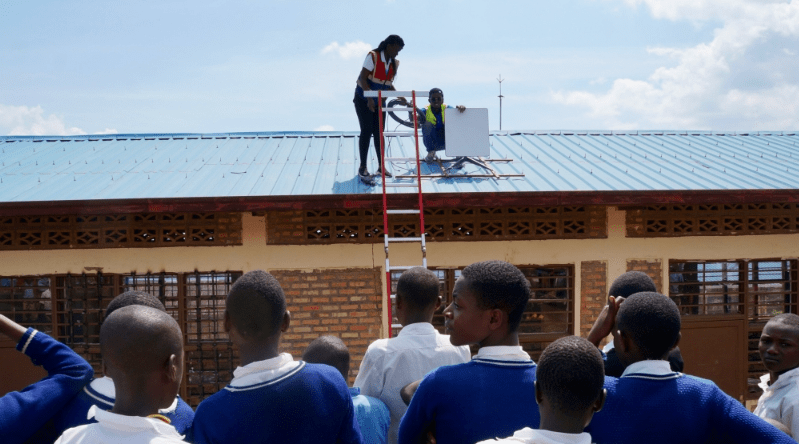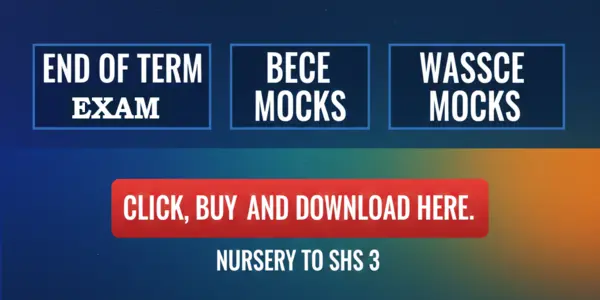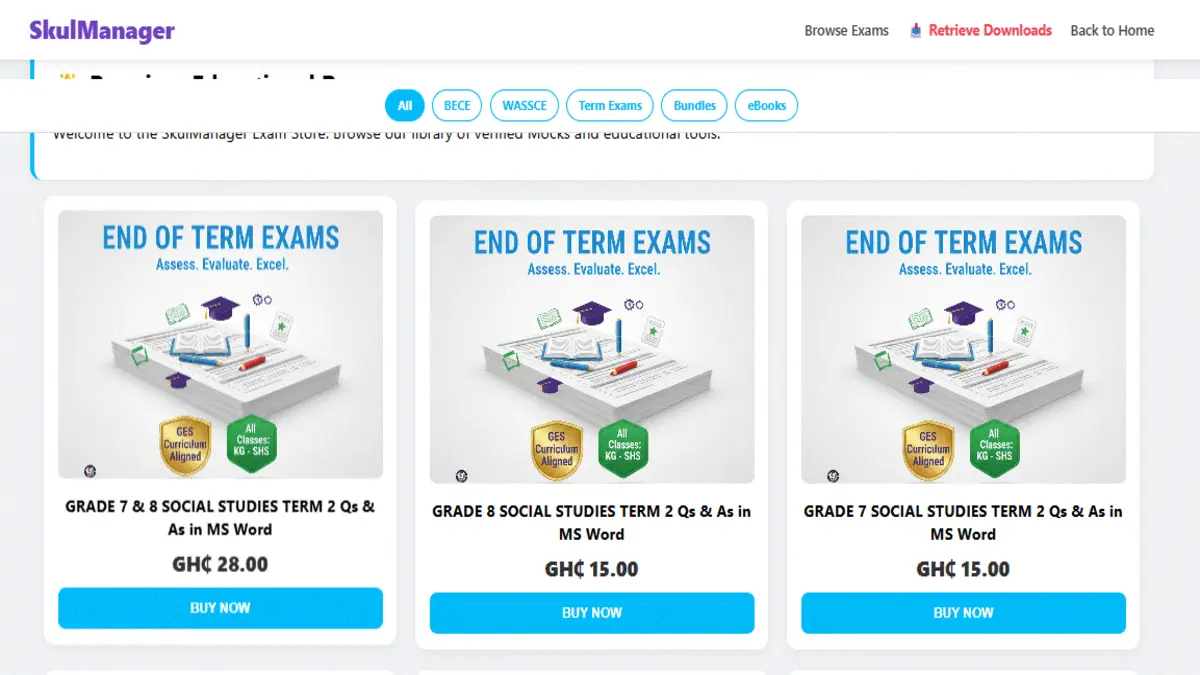Do you know the Startlink sotry in Africa and how Starlink internet has enhanced learning in Rwanda? This publication sourced from newtimes in Rwanda shows the way.
In mid 2023, Rwanda launched Starlink internet in 50 schools, guaranteeing access to online learning opportunities and better learning outcomes for over 18,000 students. The initiative was seen as a significant step toward bridging the digital divide and achieving universal internet access in schools, particularly in hard-to-reach areas, according to the Ministry of ICT and Innovation.
More than a year after its launch, the Minister of ICT and Innovation, Paula Ingabire, has told The New Times that the deployment of Starlink in schools is not only transformative for education but it also boosted community connectivity.
“In collaboration with various stakeholders, including the Rwanda Information Society Authority (RISA), Broadband Systems Corporation (BSC), and with support from the Tony Blair Institute for Global Change (TBI), we have deployed Starlink connectivity in 50 schools. With a monthly capacity of 2TB, the internet not only supports smart classrooms but also extends access to surrounding communities, fostering greater digital inclusion,” Ingabire explained.
She noted that this initiative is particularly crucial in remote areas where traditional broadband infrastructure is lacking and would be prohibitively expensive to deploy. Starlink’s ease of installation makes it appealing, allowing schools to establish reliable internet access without the logistical complexities associated with traditional systems.
ALSO READ: Ghana in Top 10 Countries with Lowest IQ; Nigeria has Superb IQ
The pilot programme, initially benefiting over 15,000 Rwandans, empowers students and families in underserved areas with resources for online learning, information access, and essential services, driving social and economic development.
“The pilot phase validated the use of Low Earth Orbit (LEO) satellites as an effective solution for improving our national internet infrastructure, providing high-quality, fast, and reliable broadband,” Ingabire said.
Building on the success of this pilot, the government is now conducting another phase, expanding Starlink connectivity to 40 health centers across the country, with support from the Tony Blair Institute. The new initiative aims to digitize healthcare services, including the Electronic Medical Record system, improving service delivery and communications.
ALSO READ: Teachers Sept Salary Validation Ready, GHS2100 paid as PDA, 2024-2026 Teachers Allowances
Ingabire said that the pilot programme’s results aligned well with the expected outcomes.
“By providing high-speed satellite internet, Starlink enables schools to use a range of digital applications, which can consume between 500GB and 1.5TB per month, depending on their needs. The programme also contributes to achieving universal school connectivity by the end of 2024, ensuring no school is left behind.”
She said that for instance, with Starlink, students and teachers alike have embraced the possibilities of fast internet.
The first school to benefit from this internet connection was Groupe Scolaire Gaseke in Northern Province’s Gicumbi District. In science classes at G.S Gaseke, about 60 kilometres outside Kigali, students now learn through digital lab programmes. Similarly, students of G.S Saint-Pierre Nkombo, a school with a population of 648 students located on a remote island in Lake Kivu, in south western Rwanda, have seen their robotics and coding innovations reach new heights thanks to the newfound connectivity.
The school’s headmaster, Father Donat Sinayitutse, told The New Times that high speed internet has not only eased the way teachers and students communicate, and learn, but also “increased the visibility of this remote island,” in general, as the internet in the area used to be so poor.
He said: “Before Starlink internet got here, reporting and information sharing or communication was such a very hard task. We no longer have to endure the tortoise-speed internet of the past. Starlink’s internet has been very helpful to our teachers and students, especially students doing science subjects like computer science, physics, maths, chemistry, and others. Their research work is easy now.” Alpha Royale Gikundiro, 16, a senior five student in the school’s PCB [physics, chemistry and biology] class whose dream is to become a dentist in the future, said Starlink’s internet almost completely changed things for students.
Alpha Royale Gikundiro, 16, a senior five student at G.S Saint-Pierre Nkombo, said Starlink Internet significantly improved their learning. Courtesy
She said: “I started school here in senior one. Back then, I never dreamed of going into a smart classroom since only computer science students in senior six could access them. But things changed when Starlink’s internet got here. Every student in the school now has access. I think we are now more innovative or creative than we used to be, thanks to Starlink’s internet.”
Her S.5 colleague, Celine Umwari, 16, who is studying maths, physics and computer (MPC), also recalled that when she was in senior two, only senior five and senior six students could access the little internet the school had.
Celine Umwari, 16, who is studying maths, physics and computer science (MPC), at G.S Saint-Pierre Nkombo, recalled that when she was in senior two, only senior five and senior six students could use the little internet the school had.
Umwari who wants to be a civil engineer said: “We are now learning a lot! In the computer lab, I do research and learn so many things, unlike in the past. I was always the top of the class, all throughout last year, and it is thanks, partly to Starlink’s internet.
Looking ahead, minister Ingabire encouraged the public to embrace Starlink as a transformative broadband solution, not only in schools but also at home and in corporate settings.
The government also plans to pilot public Wi-Fi using Starlink, offering an excellent opportunity for individuals and businesses to familiarize themselves with satellite internet.
“Starlink will boost productivity, streamline communication, and enhance access to online resources, making it an ideal option for both urban and rural communities. It is a crucial part of shaping a more connected future for Rwanda,” Ingabire concluded.
Source: newtimes.co.rw









Leave a Reply